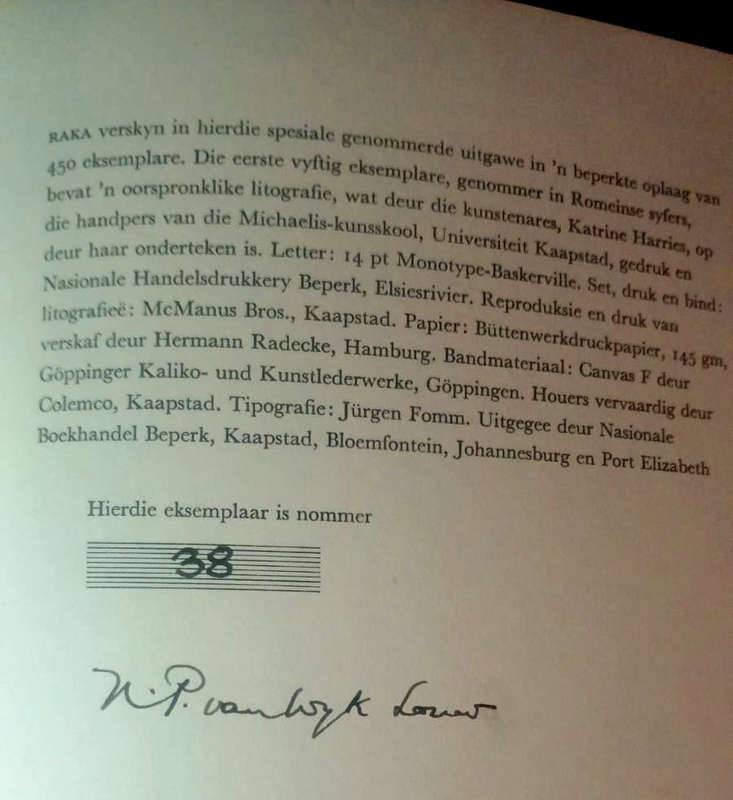
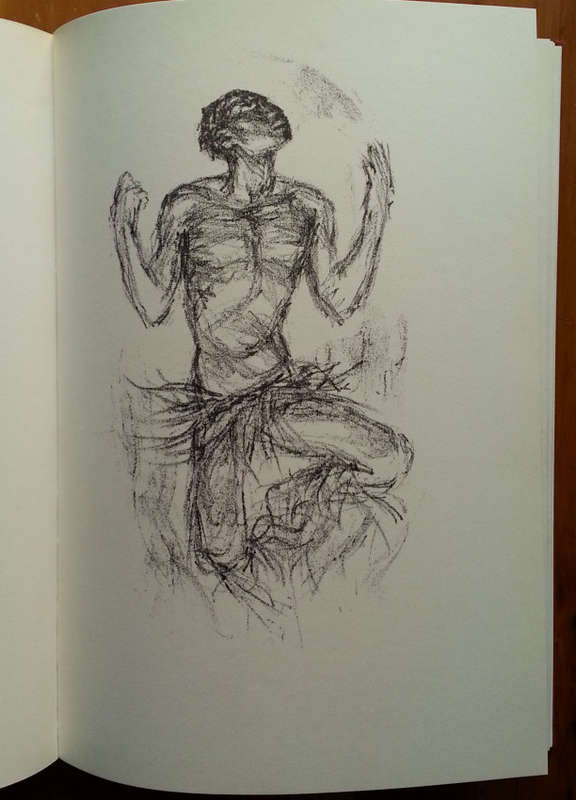

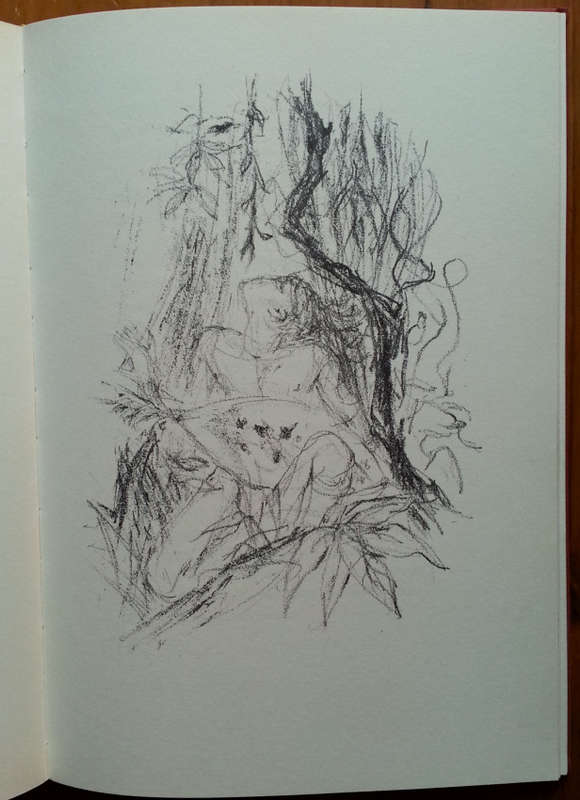
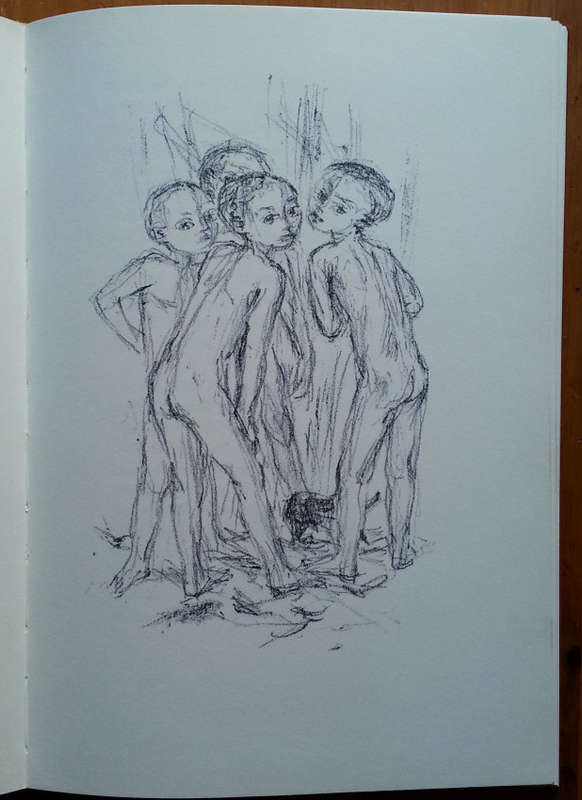
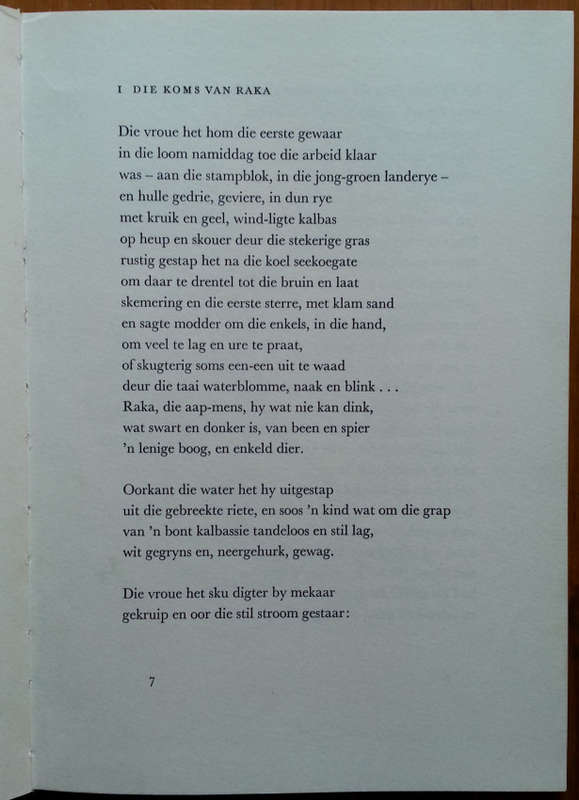
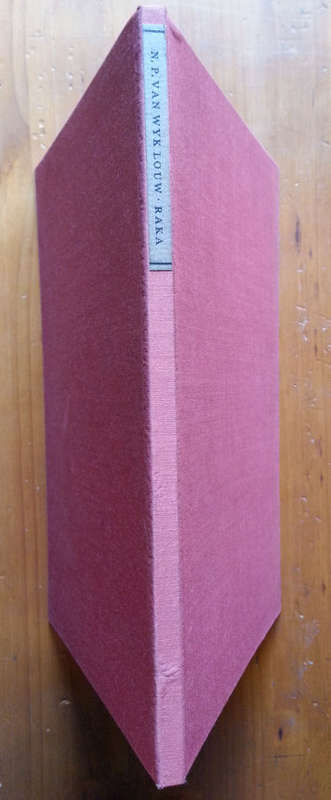





RAKA - Numbered Edition, SIGNED BY N.P. van Wyk Louw (in slipcase)
Check my rate
| Main centres: | 1-3 business days |
| Regional areas: | 3-4 business days |
| Remote areas: | 3-5 business days |












| Main centres: | 1-3 business days |
| Regional areas: | 3-4 business days |
| Remote areas: | 3-5 business days |
Limited edition of 450 copies, of which this is number 38. Signed by the author. This numbered edition celebrates the sixtieth birthday of the author on the 11th June 1966.. Lithography by Katrine Harries, Afrikaans text, slipcase, (25,1 cms x 17,7 cms x 0,9cms, condition: very good.
N.P. van Wyk Louw was an Afrikaans-language poet, playwright and scholar. As one of the Dertigers, or "Writers of the Thirties," N.P. van Wyk Louw produced among his most famous works his debut 1935 volume of poems, Alleenspraak ("Monologue"), the 1937 poetry collection Die halwe kring ("The Semicircle"), the verse epic Raka, and the 1956 tragedy Germanicus.
Raka is probably the poet's most beautiful poetic creation. Raka has inspired musical compositions, plays and a ballet. It has also been widely distributed as a prescribed work for high school and university students.
Raka has been translated into English, German, Zulu, Sotho and Xhosa.
Raka is the story of an African tribe which is threatened by the appearance of Raka the ape-man, he who cannot think and who is more than animal, but less than human. He is both feared and admired by the people of the tribe, because of his physical allure and strength. It is only Koki, the young prince, he (who) would always be alone among them with his fear for precious things who realizes the threat that Raka poses to the culture and survival of his tribe. Sadly, his appeal to his people to kill Raka falls on deaf ears.
The responsibility to remove the threat clearly becomes no one elses task but Kokis. So, Koki meticulously prepares himself to meet his foe, but when he sets out in search for Raka, it is not the war song of his tribe that he sings, but its death song. This is a clear indication to the reader that a great tragedy is about to play out.
Rakas enduring appeal lies above all in Van Wyk Louws exquisite and evocative description of the African landscape, the daily activities and rich cultural heritage of the tribe, and the tragic existential confrontation between Koki and Raka and the world views and values that they each represent.